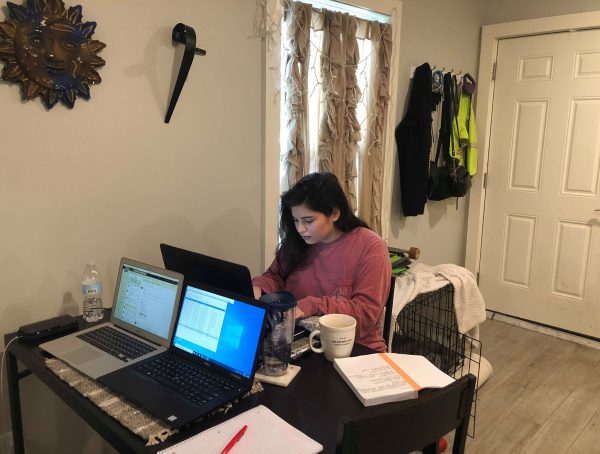by Gregg Palermo
The message was clear: In this age of technological change and 24-hour news cycles, journalists have a relevant role to play in our society. We’ve heard that message a lot lately, especially in the face of tough economic times that have impacted every newsroom in the country in some shape or form. I heard that message in May 1997 when CBS News correspondent Eric Engberg spoke at my graduation from the University of Missouri School of Journalism. But 12 years later, I fear the message is falling on deaf ears at a time when journalists need to hear it and act on it most.
 Every day I hear about hand-wringing because of lead-in woes–Jay Leno’s slump at 10 p.m., or Oprah’s possible move from syndication to cable. It would be easier to ask yourself, when was the last time you didn’t hear an executive complain about the lead-in?
Every day I hear about hand-wringing because of lead-in woes–Jay Leno’s slump at 10 p.m., or Oprah’s possible move from syndication to cable. It would be easier to ask yourself, when was the last time you didn’t hear an executive complain about the lead-in?
The harder question we don’t ask in our newsrooms is how our coverage is evolving to meet the needs of our viewers. At a time of great innovation and change around us, I fear we’re losing the enterprising spirit that will help produce must-see TV news regardless of what’s on before the news.
We look around and see fewer people doing more work and somehow it has been the excuse that let us slide into old habits and easy decisions. Let’s send crews out of our market to a story that has no impact on our core viewers. Let’s lead our newscasts with a package on an isolated homicide—a senseless crime, but likely of little value to 95 percent of the audience.
I’m not saying we should ignore those stories, but we’ve let the commodity crime blotter and news conferences (shot by a pool or not) overtake our product to the point where there is little setting each of them apart. Then what happens? We lose more viewers and in many cases there’s another round of budget cuts, and the cycle continues.
How do we fix this? We worry about what we can control. We can’t control what our network will program as our lead-in. We don’t produce the syndicated programming that leads into our early newscasts. Here’s what our people, our newscasts, and our websites do—they provide a leading source of LOCAL news and information for our audience.
Now that we have so many ways to communicate with people, we need make better judgments about what and how we communicate that information. That annual event, that story you always used to package? Maybe it’s a VO or VO/SOT now. Maybe it doesn’t get covered at all. That’s a judgment call, comparing it to other stories that could be covered at the same time, based not so much on available resources but on our training as journalists and what we should know about our audience, their wants and needs.
We should take advantage of the partnerships we already have (and we already pay for, too). How many times have we sent resources to a story that we could have covered in all the same ways except for having a LIVE shot if we had merely relied on an affiliate? This goes for the networks as well.
For whatever reason, NBC was the only broadcast network newscast without a reporter at Ft. Hood on the day of the recent shootings where 13 people were killed. Regardless of why that happened, I was pleased that a reporter for the local affiliate, who had been one of the first reporters on the scene working throughout the day, was used instead. She wasn’t airlifted in; she knew what was going on and did her job.
I know it’s easy to say we should rely on affiliates or even corporate brethren and it’s quite another thing to do it, especially when something you’re counting on from someone else falls through. This will only happen by reinforcing existing relationships and technology and building new ones if necessary.
Some of you may think that’s bean-counting, but I’m here to tell you that it frees up a resource for enterprise reporting, an idea that gets a lot of talk, but not enough commitment. Are there exceptions? Sure, but if these times don’t force us into smarter decisions that help us cover our communities while not shrinking from quality journalism, what will?
Better to stay relevant than resort to old stunts, thinking and tactics which will only keep the vicious cycle spinning.
Palermo is a former news director, special projects managing editor, producer and reporter who has worked in Columbia-Jefferson City, Mo., Ft. Myers, Fla. and Minneapolis-St. Paul, Minn. He can be reached at gapalermo1@yahoo.com









1 Comment
[…] https://www.newslab.org/2009/11/13/staying-relevant/ (tags: newslab newsroom management leadership) […]